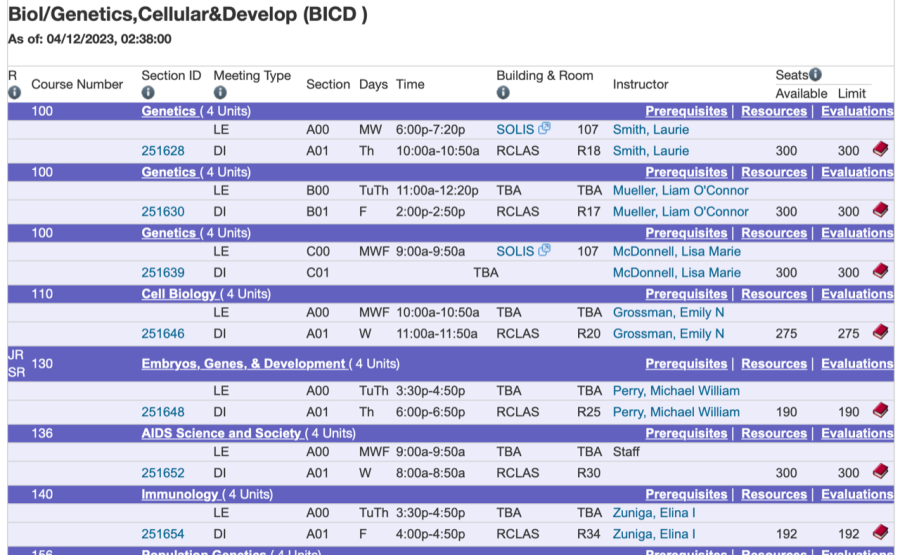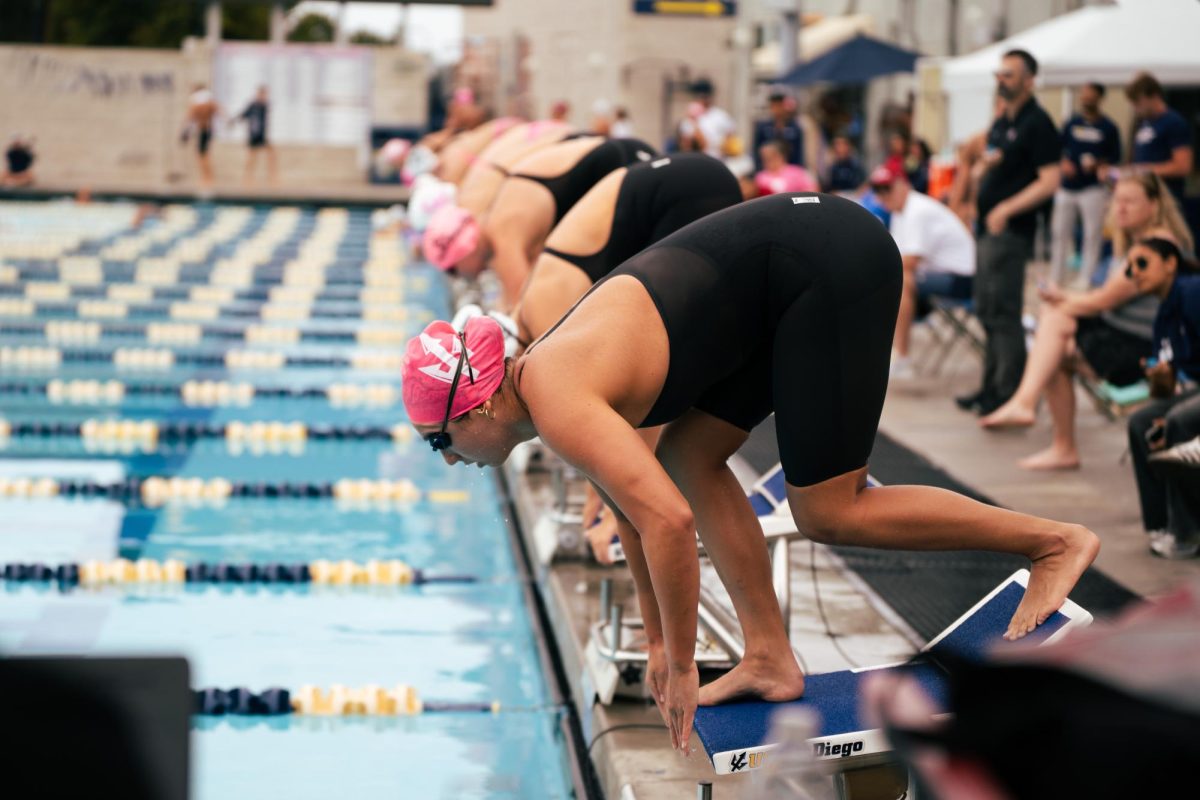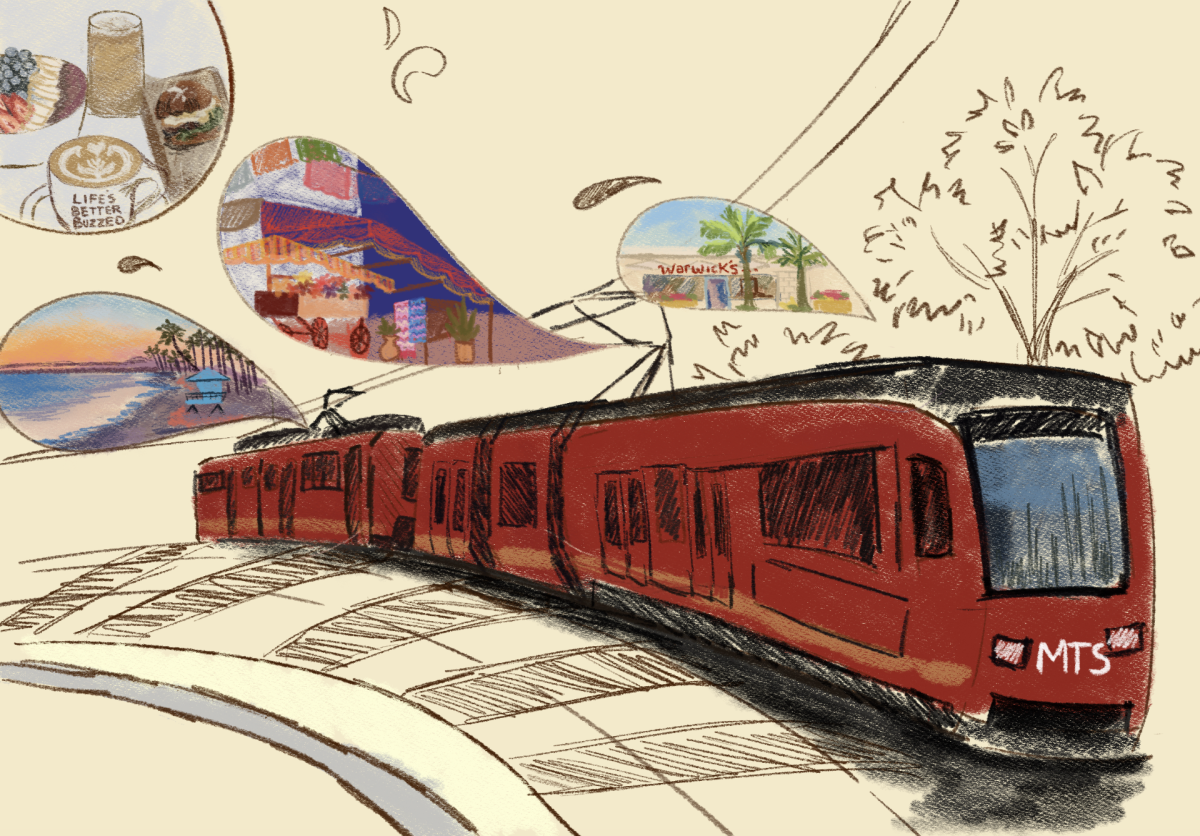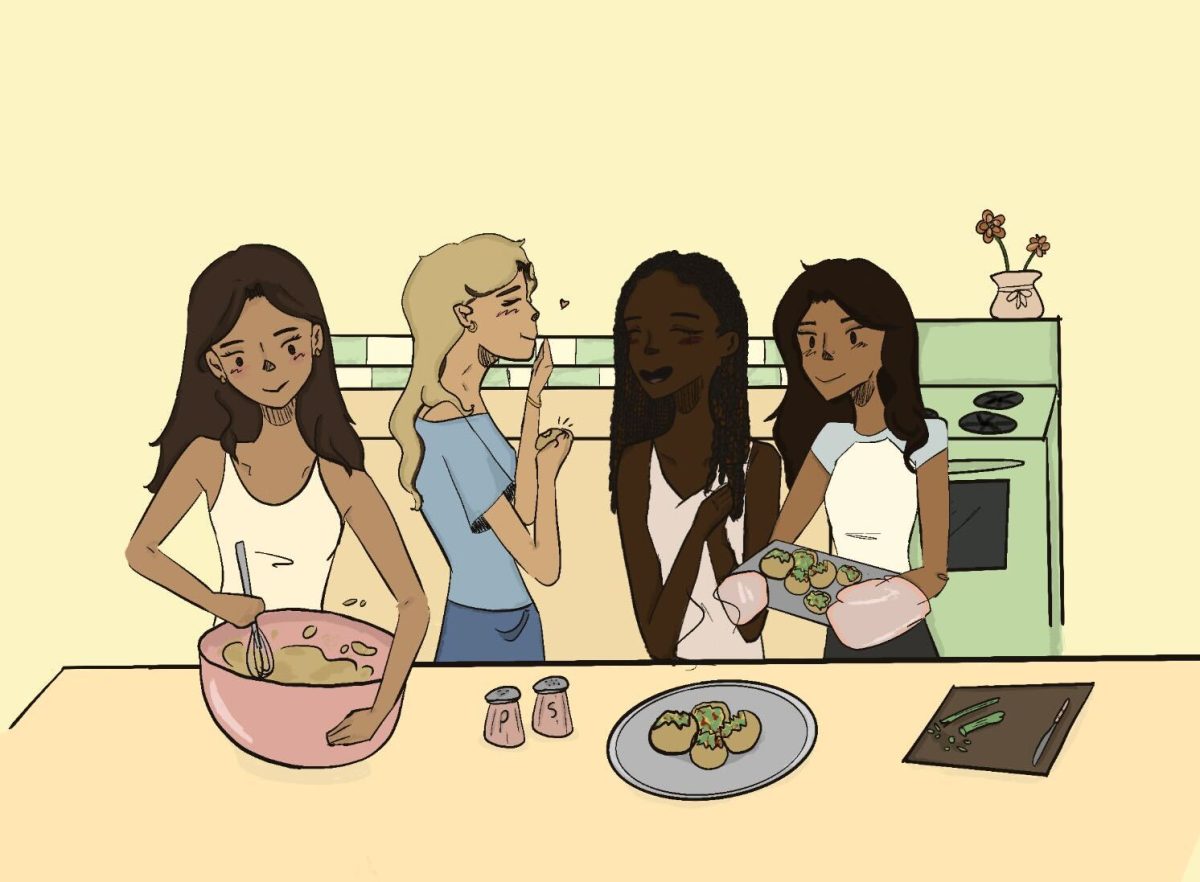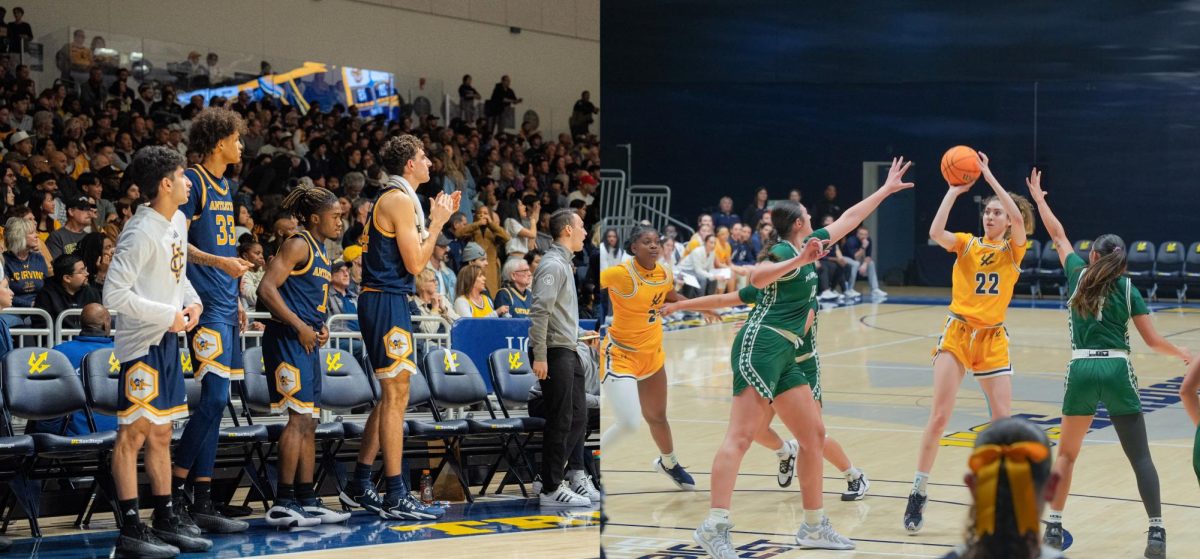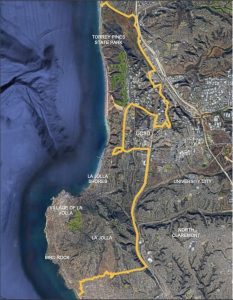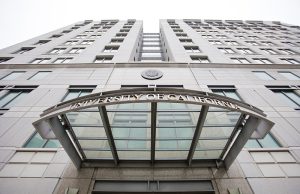Biology Faculty Petition Following IA Position Reduction and Proposed 300-Student Discussion Sections
Apr 26, 2023
An image of proposed BICD courses shows 300 students will be in one remote discussion section for the upcoming 2023-24 school year, according to a screenshot shared with The UCSD Guardian from sources in the biology department. The cuts to discussion sections are a result of the renegotiated UC-UAW contracts which redefined undergraduate roles, requiring undergraduate Instructional Assistants to receive the same pay and benefits as graduate Teaching Assistants. This change inclined some departments to eliminate undergraduate roles as means to manage costs, thereby reducing the number of discussion sections.
When asked about this reclassification of undergraduate IA’s and its ensuing reduction on opportunities for undergraduates, UAW Local 2865 President Rafael Jaime provided the following statement to The Guardian:
“The new UC-UAW contracts end UC San Diego’s long standing practice of misclassifying undergraduate Teaching Assistants as either unpaid students or hourly tutors,” the statement read. “Undergraduates performing TA work must now be paid as TAs and given the full benefits of TA employment, including tuition and fee remission. In response to this, some UCSD departments have chosen to eliminate the opportunity for undergraduates to serve as instructional assistants by declining to employ undergraduates altogether, and the School of Biological Sciences has eliminated discussion sections entirely. UAW 2865 is disappointed that UC San Diego is choosing to use this moment to divest from classroom education rather than using their vast resources to maintain full employment and support high quality education.”
“Undergraduates performing TA work must now be paid as TAs and given the full benefits of TA employment, including tuition and fee remission. In response to this, some UC San Diego departments have chosen to eliminate the opportunity for undergraduates to serve as instructional assistants by declining to employ undergraduates altogether, and the School of Biological Sciences has eliminated discussion sections entirely.”
On April 7, a faculty petition signed by 76 members of the department addressed Chancellor Pradeep Khosla and Executive Vice Chancellor Elizabeth Simmons, asking them to provide resources for sufficient IA positions.
“Without immediate additional funding from the university to offset the impact of the new UAW contract, the School of Biological Sciences has no alternative but to substantially reduce Instructional Assistant allocations and eliminate traditional (32-person) discussion sections in lecture courses starting in Fall 2023, replacing them with a single discussion section in one zoom room regardless of the size of the class (many of our classes have 300+ students),” the petition reads. “This dramatic reduction in students’ instructional support will harm students’ learning, community-building, success, and retention.”
April Letter from BioSci Faculty to Chancellor and EVC
Meanwhile, UCSD administrators and the biology department have yet to announce the forthcoming changes, despite dozens of biological sciences faculty speaking out against the issue and the diminishing quality of education at UCSD.
“We are deeply concerned about the negative impacts of the impending change on the educational mission of UCSD and on the reputation of the School of Biological Sciences and UCSD as a whole,” the petition continues. “We urge you to consider the long-term impacts on the quality and equity of the education that UC San Diego provides and to provide our School with additional funding to help ameliorate the dramatic impacts on our students’ education.”
Prior to the faculty petition, two students within the Biology department, Revelle College junior Richard Gao and Eleanor Roosevelt College junior James Garza, began a petition with over 1,200 signatures and endorsed by 11 professors with hopes to raise awareness of the forthcoming matter and to minimize the impact.
“As we talked to more and more professors, we kind of realized that [stopping the changes] wasn’t feasible,” Garza said. “So we had an argument over the wording [of the student petition] just to make it so that we minimize the changes as much as possible, just because we know that stopping them isn’t really possible, given the whole economic situation.”
Both Gao and Garza, who have served as IA’s in biology courses, recall that UCSD’s outstanding biology program was a deciding factor in choosing UCSD for their education.
“As an out-of-state student, I was on the edge about whether the tuition cost was worth attending UCSD, but I believed that the quality of education that UCSD’s biology department was known for justified the money,” Gao said. “Now I only have one year left at UCSD, so these changes will only affect a fraction of my education. However, I’m sure that there are countless other out-of-state and even international students that chose to leave their homes and put their education in the hands of UCSD for the same reason, but will now have a significant portion of their academic careers affected by a disappointing lack of guidance and resources due to these changes.”
The changes will not only impact undergraduates but graduate teaching assistants as well. Revelle College senior Vincent Le explained his decision to attend another university after a professor notified him of the upcoming cuts. Le was prepared to commit to a Master’s program at UCSD in hopes of attaining a teaching assistant position that would pay for his tuition. But as professors began sharing the news, Le decided otherwise.
“I was willing to forgo my scholarship and Director’s award at a prestigious university to continue pursuing my passion for teaching at UCSD,” Le said. “Because of people like [one of his biology professors] who were willing to share information from behind the scenes, I was able to make an informed decision. Because otherwise if I stayed here I would be giving up on other choices.
Le, who has been an IA in six courses, said that he feels abandoned by the university’s decision to deal away IA positions.
“After being told that they’re doing cuts, I felt in a way betrayed by the school because I put two years of effort into teaching students and it was one of my biggest enjoyments and it was a great way for me to develop skills that we wouldn’t as students,” he said. “And now we’re losing that.”
This feeling of betrayal has been amplified by administrators’ lack of transparency.
“The lack of transparency [is unfair] …” Garza remarked. “Because if I had known something this drastic was happening, it probably would have affected my decision. A 300-person discussion is not a discussion anymore.”
The School of Biological Sciences responded to The Guardian relaying that the courses are subject to change, especially given the new funds that were provided to the school.
“On the evening of April 26, we learned that the Chancellor, CFO and EVC committed additional funds to offset this unique impact and substantial additional cost,” the statement read. “The additional funding will allow us to develop new ways to support students in lecture classes that are necessitated by space limitations, cost increases and contract constraints. Some of the options being developed include using flexible classrooms for group problem solving, class-specific tutoring centers and flipping classes to allow faculty to directly interact with smaller groups of students, and other active learning efforts. We will provide more information as our plans for each course develop.”
The changes will be finalized this month in time for the release of the schedule of classes on May 23.
The UCSD Guardian will continue to update this story as it progresses. For more information on the strike and its aftermath, read the article series published on The UCSD Guardian website.
Editor’s Note: This article was updated May 8 at 8:31 pm to append the response from The School of Biological Sciences.


